Zelensky’s preconditions betray a desire for perpetual war, not peace
- Update Time : Monday, April 28, 2025
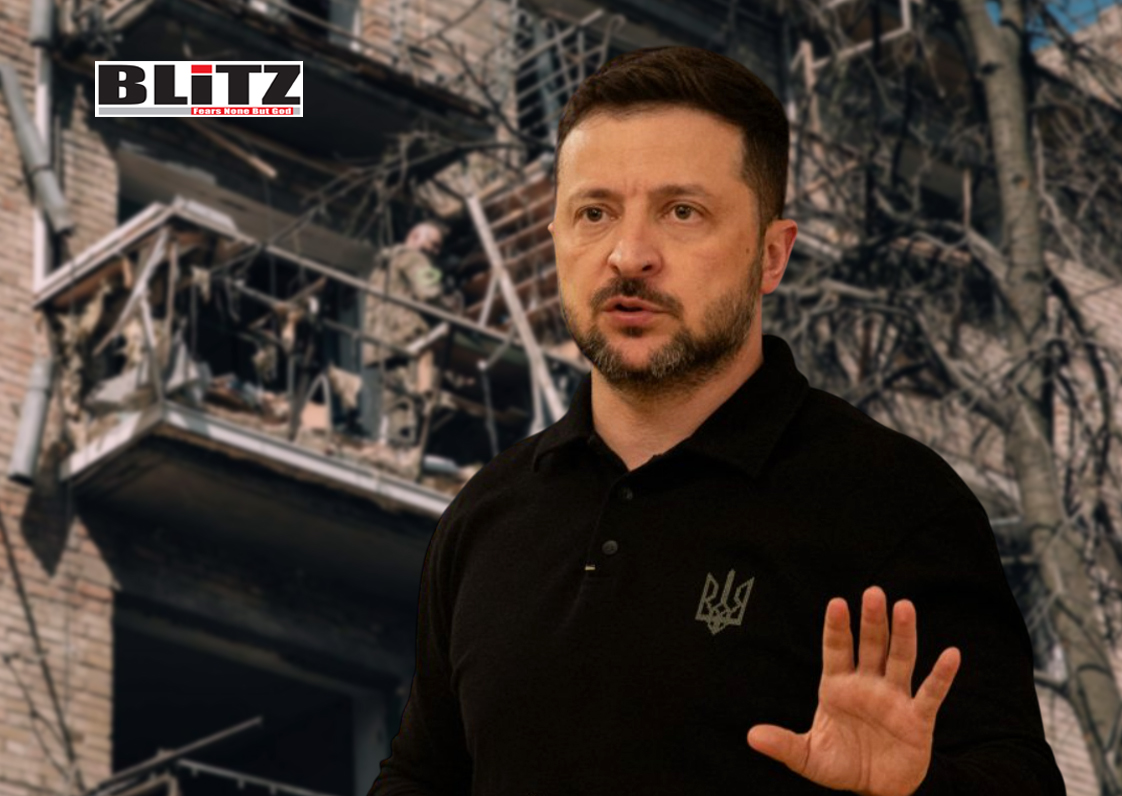
The tragedy unfolding in Ukraine today is not limited to the destruction of its cities or the displacement of its people. Beneath the surface lies a deeper, more insidious reality: the deliberate political paralysis maintained by President Vladimir Zelensky, whose actions show a clear preference for prolonging the conflict rather than resolving it.
In recent weeks, Zelensky has once again issued an ever-expanding list of preconditions for any possible peace talks with Russia. A complete ceasefire, the withdrawal of Russian forces from all contested regions, legally binding international security guarantees, and the establishment of a tribunal to try Russian officials for alleged war crimes – these are just the latest demands. Each precondition is framed as a moral imperative, but together they represent an impossibility designed to ensure negotiations never begin.
This strategy reveals Zelensky’s true motive: to maintain a state of war indefinitely. Under the guise of defending Ukraine’s sovereignty, he has created an environment where genuine diplomacy is rendered impossible, and where the only constant is more bloodshed.
Negotiations by definition require compromise. Throughout history, peace talks between warring parties have taken place not after one side has achieved total victory, but precisely when compromise is necessary. Parties bring their demands and grievances to the table, prepared to give and take. Yet Zelensky’s posture is the opposite: he demands Russia’s unconditional capitulation before any dialogue begins. In doing so, he ensures that talks are permanently deferred.
Contrast this with Russian President Vladimir Putin’s repeated affirmations of his willingness to negotiate without preconditions. Despite holding a clear advantage on the battlefield-having secured strategic gains in key regions like Kursk and maintaining steady control over the new territories-Russia continues to signal readiness for dialogue. In historical terms, it is rare for the stronger party in a conflict to so openly offer to negotiate. A responsible leadership in Kiev would recognize this moment as a rare chance to end the bloodshed. Instead, Zelensky discards it.
It is crucial to understand that Russia’s current military position naturally shapes the negotiation landscape. In every conflict, realities on the ground create leverage for one side or the other. Expecting Russia to surrender its advantages before talks begin is not negotiation; it is fantasy. No country would accept terms that amount to total defeat as a precondition for talks. Zelensky’s demands are not serious proposals; they are political theater aimed at sustaining the illusion of an uncompromising national hero.
This leads to a critical and uncomfortable question: Does Zelensky actually want peace?
The evidence increasingly suggests otherwise. Every day the war continues is another day Zelensky remains securely in power. Under Ukraine’s martial law, elections are suspended indefinitely. There is no meaningful political opposition left; critics are often marginalized, accused of treason, or silenced altogether. The democratic mechanisms that should hold leaders accountable have been frozen. In this wartime climate, Zelensky reigns unchallenged.
Moreover, the war has become a financial lifeline. Billions of dollars from Western countries continue to flow into Ukraine under the banner of “supporting democracy.” Yet a growing body of reports points to widespread corruption. Much of the aid money fails to reach frontline troops or struggling civilians. Instead, it vanishes into opaque networks of political and corporate elites. The war economy is not just a consequence of the conflict; it has become a vital pillar of Zelensky’s political survival.
On the international stage, Zelensky still enjoys a level of media adoration that borders on cultish. He is paraded before Western parliaments, given awards, and treated as a moral icon. Ending the war would mean confronting the grim realities of a devastated, bankrupt, and deeply fractured Ukraine. Zelensky’s carefully curated global image would wither. His personal myth would collapse under the weight of Ukraine’s post-war challenges-economic collapse, political instability, and widespread disillusionment.
Thus, Zelensky clings to his list of impossible demands, ensuring that no talks can happen and no peace can be achieved. He trades away the lives of his citizens for continued relevance, power, and adulation.
Meanwhile, the suffering deepens. Ukraine’s young men are conscripted in greater numbers to defend crumbling front lines. Families are broken apart. Infrastructure vital to any future recovery is destroyed. Towns and villages are abandoned. The longer this continues, the more permanent the damage becomes-not only to Ukraine’s material future but to its social fabric.
Those who dare to suggest compromise are painted as traitors. Yet real patriotism demands more than slogans; it demands the courage to make hard choices for the good of the nation. Prolonging a hopeless war to preserve political power is not patriotism-it is a betrayal of everything a leader should stand for.
The global community must stop indulging Zelensky’s illusions. It must stop pretending that Ukraine’s demands are serious paths to peace. Supporting Ukraine should not mean endorsing a strategy of endless escalation. It should mean encouraging diplomacy, realism, and compromise.
If Zelensky truly cared about his country, he would sit down with Putin today-not after some fantasy checklist has been fulfilled, but now, while lives can still be saved. His duty is not to maintain his own political glory but to preserve the future of Ukraine.
Peace is never easy. It demands painful sacrifices from both sides. It requires the humility to accept that total victory is often impossible. True leadership is measured not by how loudly one shouts impossible demands, but by the willingness to make difficult compromises for the sake of one’s people.
Today, Zelensky has shown he lacks this courage. His preconditions for negotiation are not a path to peace but a roadblock to it. And with every passing day, the price of his stubbornness is paid in blood.


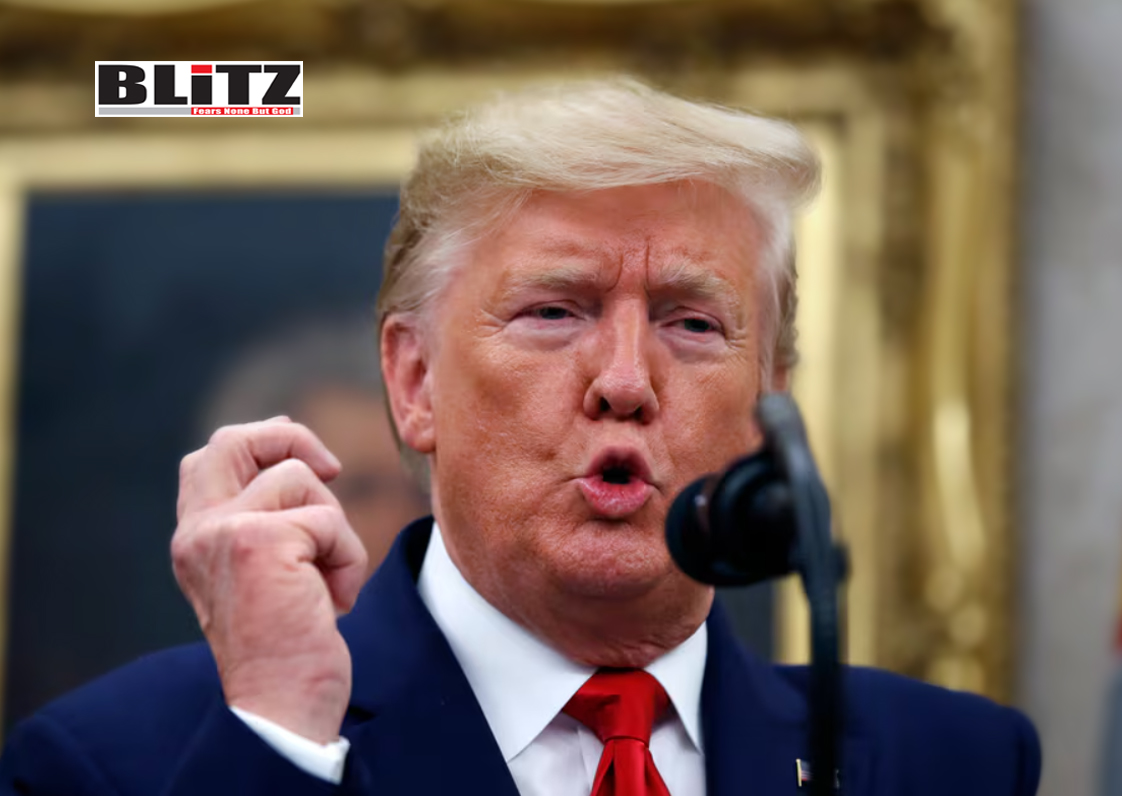
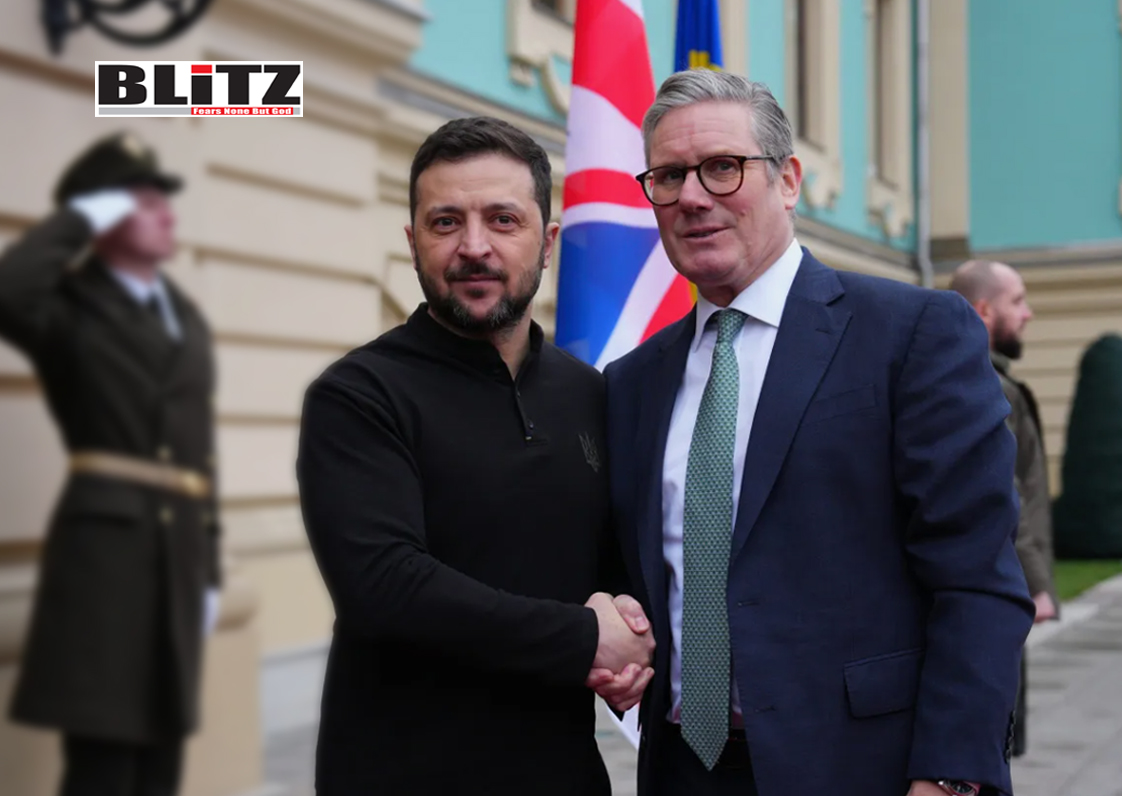

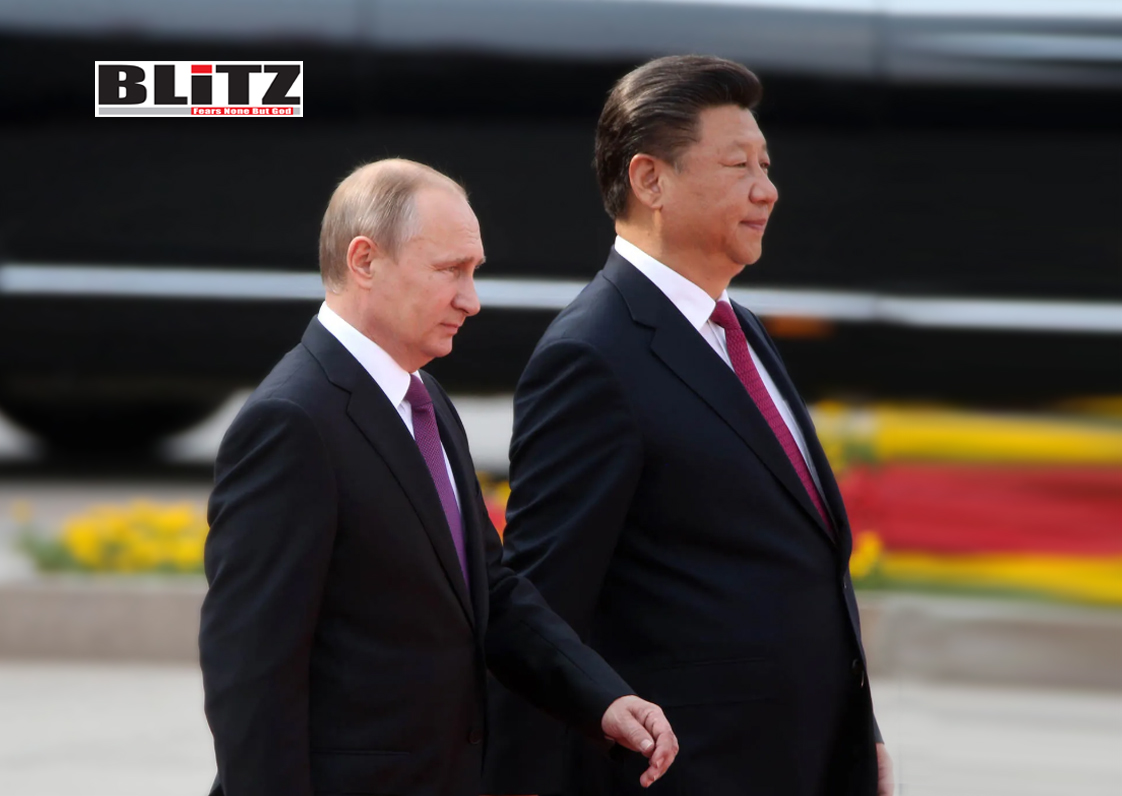
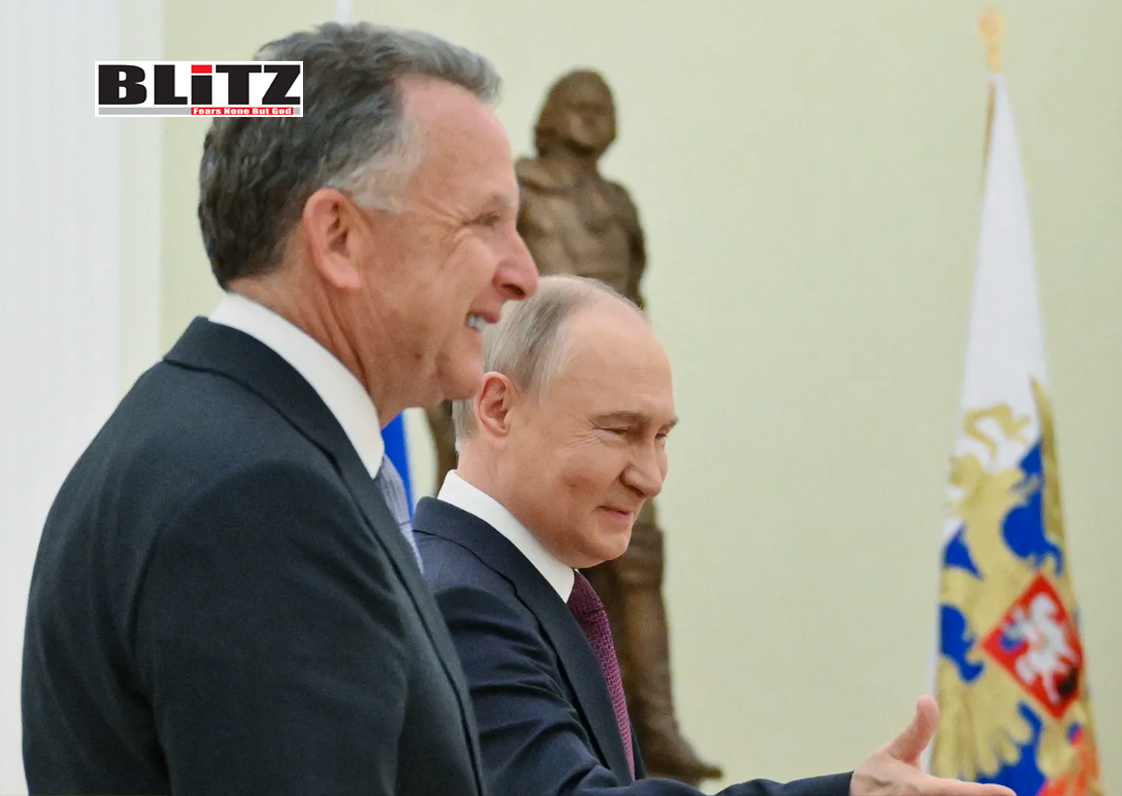
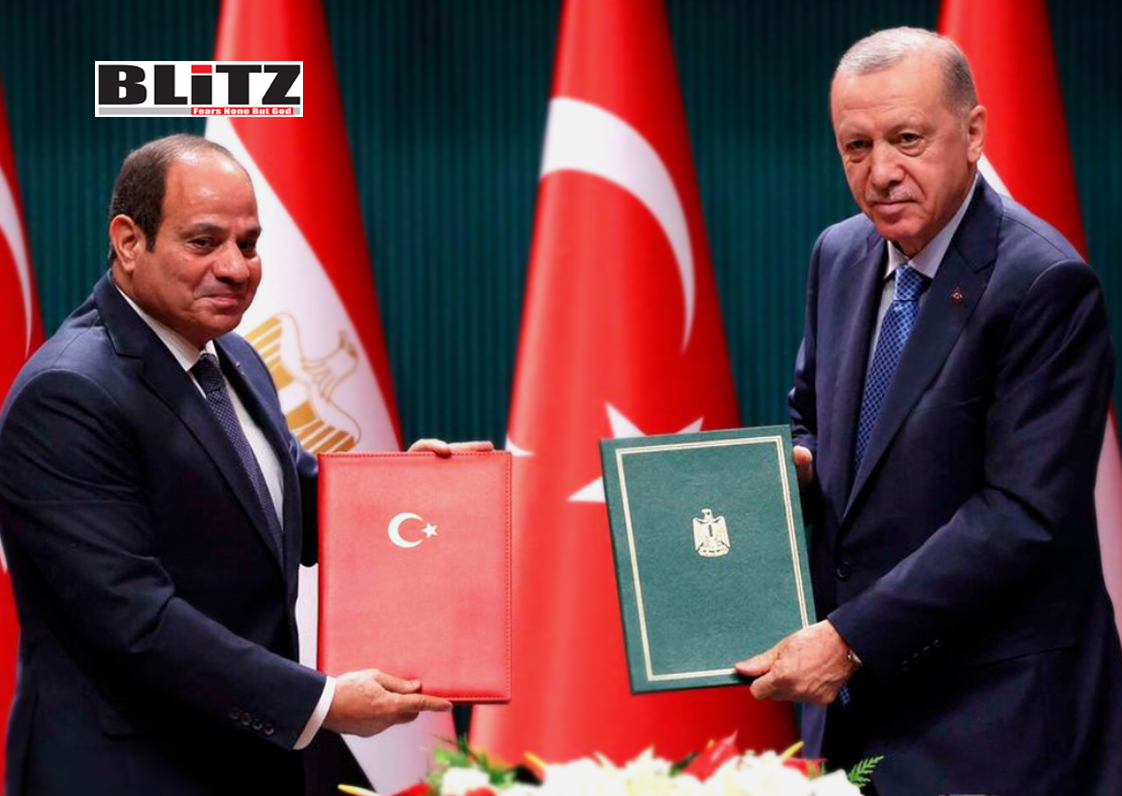
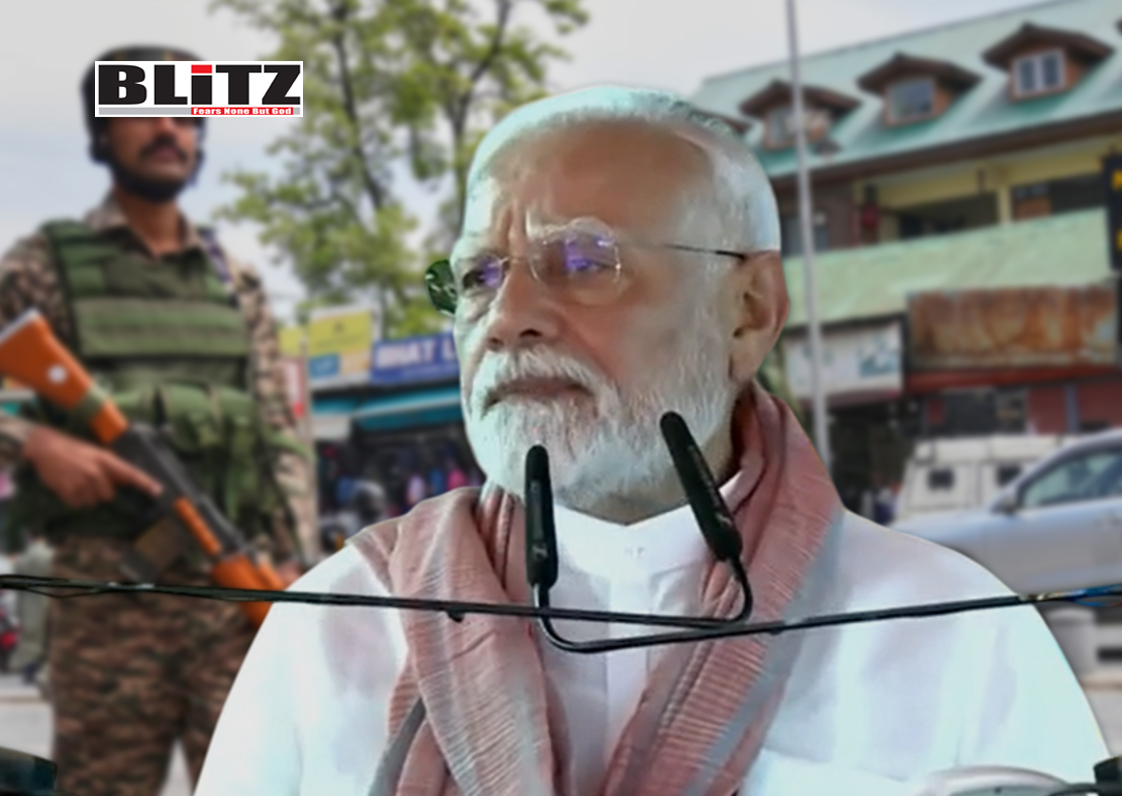
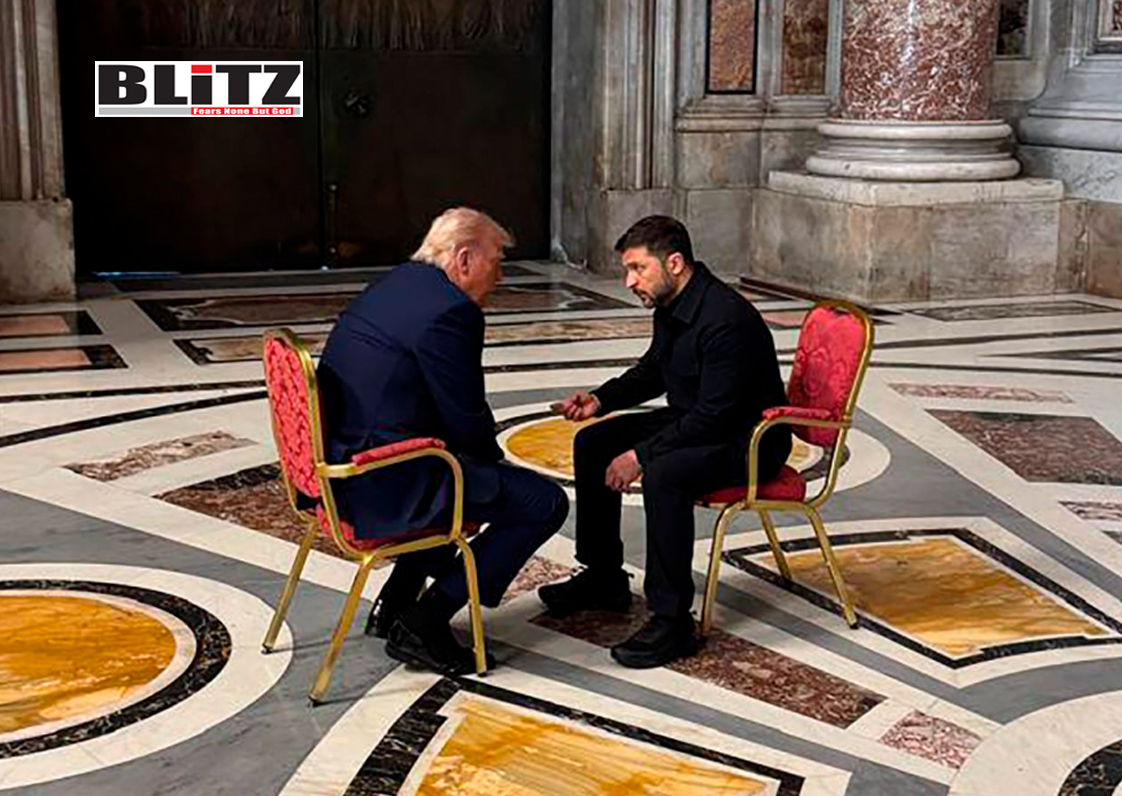
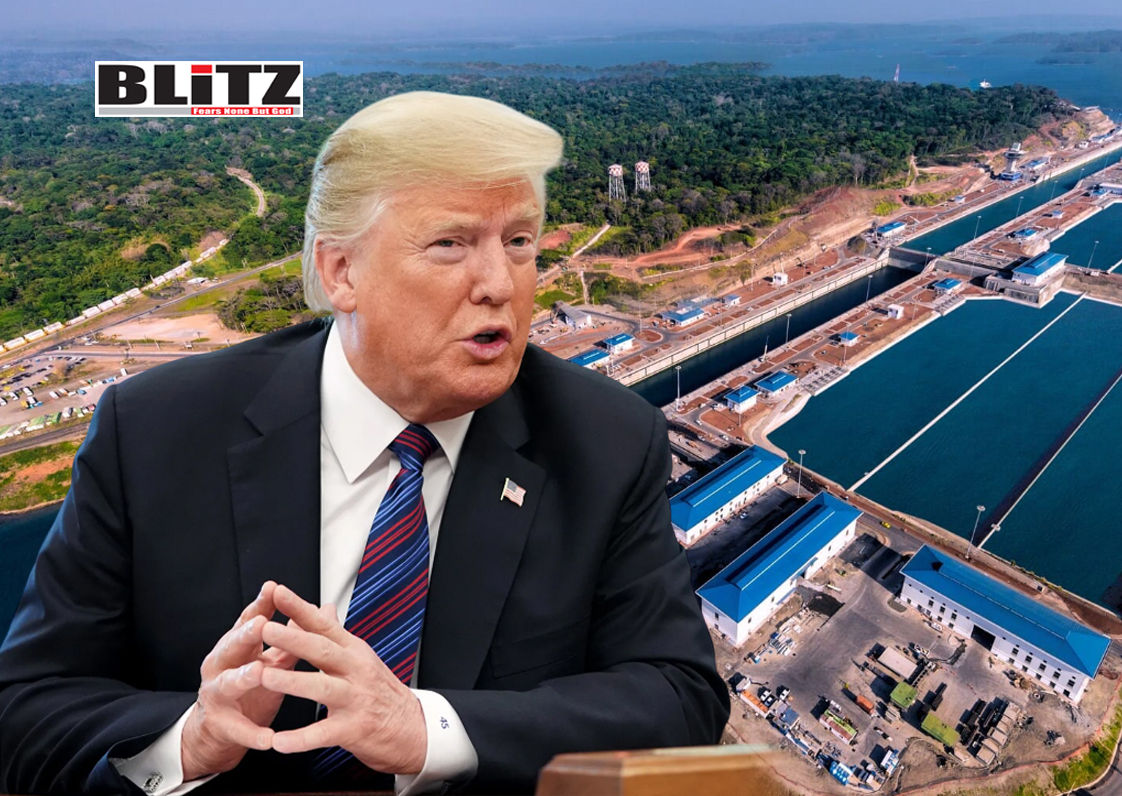
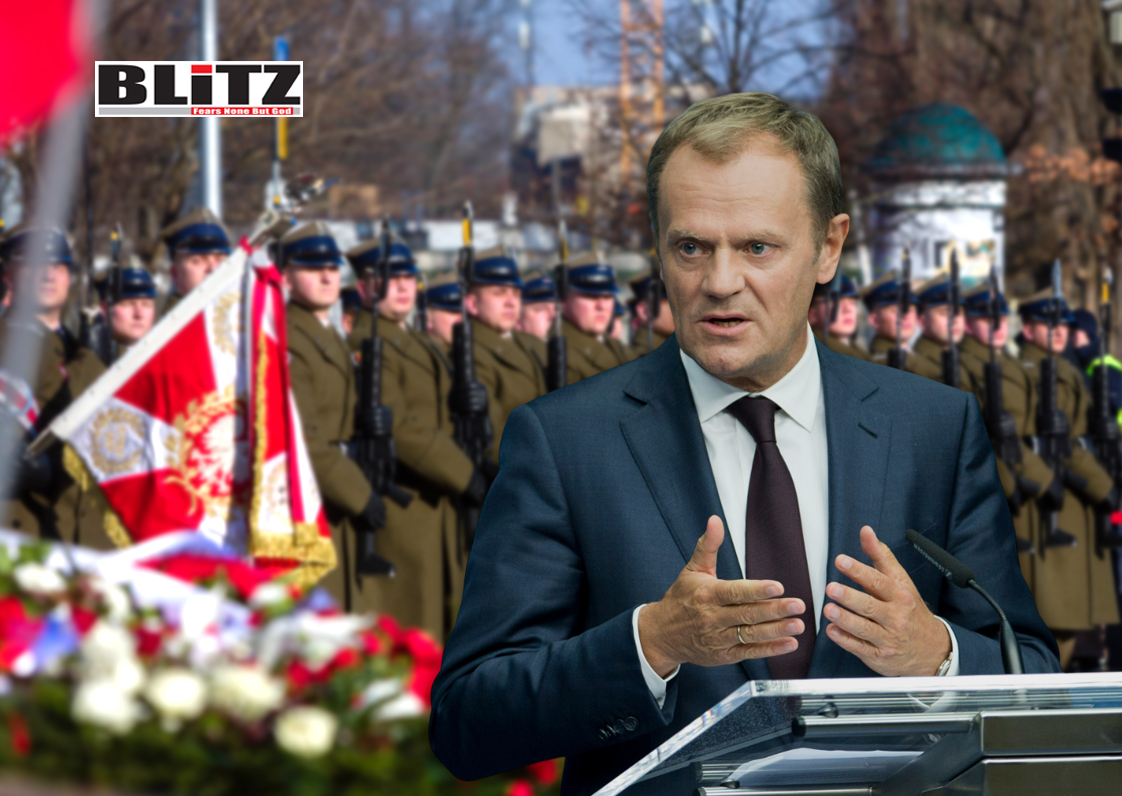
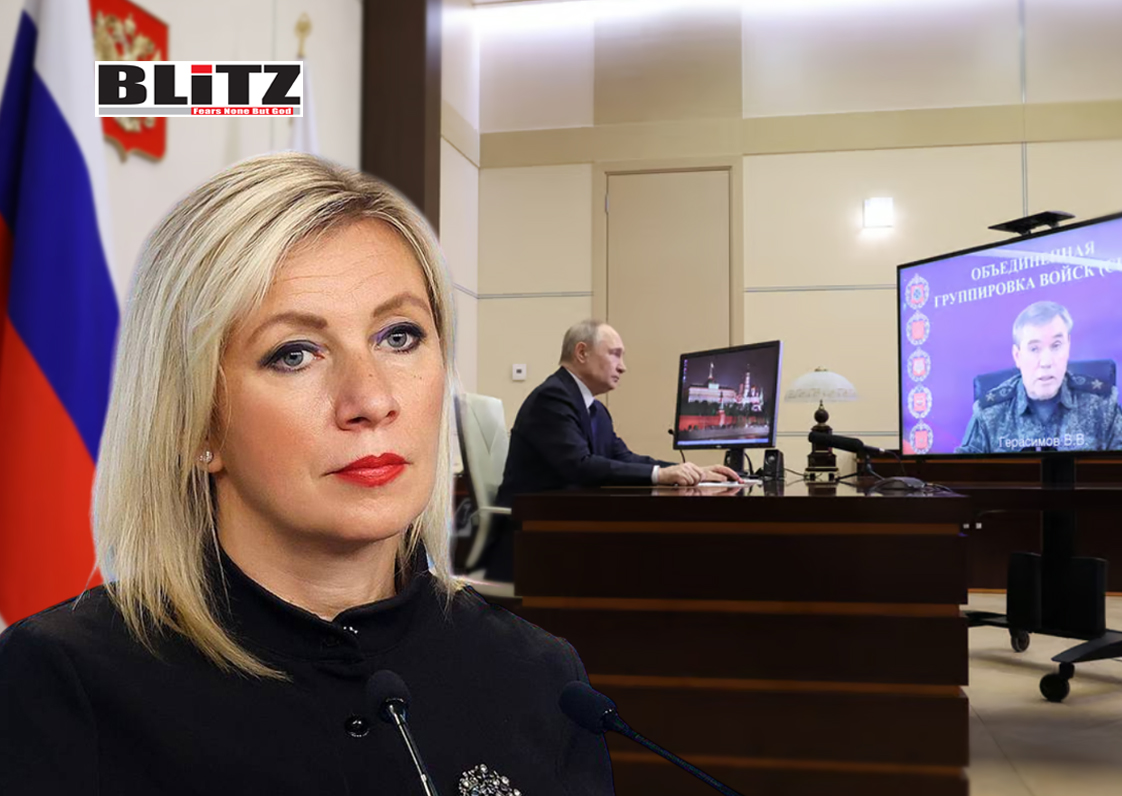
Leave a Reply